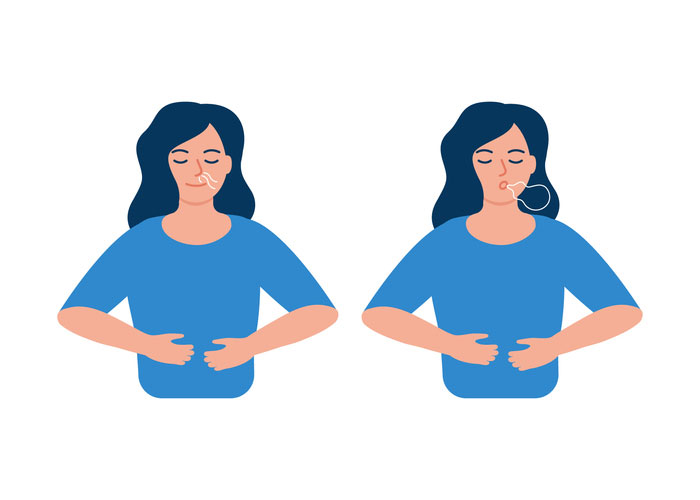Cognitive Behavioral Therapy CBT is a widely acclaimed and evidence-based form of psychotherapy that has gained immense popularity in the field of mental health. Its effectiveness in treating a wide range of emotional and psychological issues has earned it the reputation of being a transformative and life-changing approach to therapy. At its core, CBT is based on the notion that our thoughts, feelings, and behaviors are interconnected and influence each other. It posits that the way we perceive situations and events in our lives significantly impacts our emotional responses and subsequent actions. Therefore, by identifying and challenging negative thought patterns and beliefs, individuals can reshape their behavior and transform their lives. One of the fundamental principles of CBT is to recognize cognitive distortions—biased and irrational thought patterns that can lead to emotional distress and maladaptive behaviors. Through CBT, individuals learn to identify and reframe these distortions empowers them to view situations more realistically and respond in a healthier manner.

CBT is a structured and goal-oriented form of therapy. Clients work collaboratively with their therapists to set specific, achievable objectives for their treatment. This focus on clearly defined goals helps individuals track their progress and provides a sense of accomplishment as they overcome challenges and make positive changes in their lives. The therapy process involves several techniques to facilitate cognitive and behavioral change. Journaling is one such technique where clients are encouraged to record their thoughts and emotions regularly. This practice helps them become more aware of their cognitive patterns and triggers, fostering introspection and self-awareness. Another crucial aspect of CBT is behavioral experiments, where clients actively test out new behaviors or responses in real-life situations. By doing so, they can challenge their old assumptions and evaluate the outcomes, thereby gaining confidence in adopting healthier behavioral alternatives. Exposure therapy is a powerful component of CBT, particularly useful for treating anxiety disorders and phobias.
The haven integrative psychiatry involves gradually and safely exposing individuals to their fears or triggers, helping them learn that their anxieties are often disproportionate to the actual threat. CBT also emphasizes relaxation techniques, such as deep breathing, progressive muscle relaxation, and mindfulness practices. These exercises help individuals manage stress, reduce physical tension, and cultivate present-moment awareness, which in turn enhances their ability to cope with challenging situations. One of the remarkable strengths of CBT is its adaptability. CBT has proven to be effective in treating various mental health issues, including depression, anxiety disorders, post-traumatic stress disorder PTSD, obsessive-compulsive disorder OCD, eating disorders, and substance abuse. Research has consistently shown that CBT produces significant and lasting improvements in mental health and overall well-being. Studies comparing CBT to other therapeutic approaches often find it to be equally or more effective in many cases. Its evidence-based nature has led to its endorsement and integration into mainstream mental health care. Moreover, the skills learned during CBT can extend beyond the therapy sessions, enabling individuals to become their own therapists to some extent. This self-sufficiency is empowering as it equips them with the tools to manage future challenges effectively.